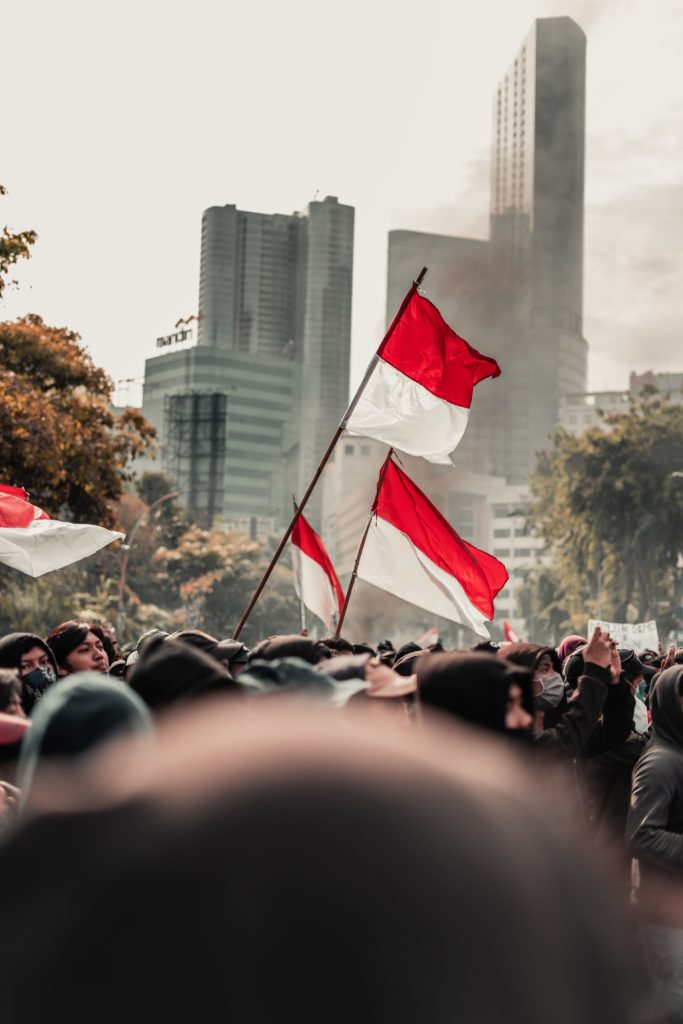The Indonesian archipelago currently has the largest economy in Southeast Asia. With its membership in CIVETS, the country gained recognition as an emerging market (Colombia, Indonesia, Vietnam, Egypt, Turkey, and South Africa).
The vibrant and diverse economy of Indonesia offers numerous business prospects. Its location makes it ideal for commercial players to interact with other major and growing powers. With an economy that has risen at a rate of more than 5% per year for the previous ten years, it’s easy to see why Indonesia is a popular destination for foreign investors.
If you want to incorporate Indonesia, you need first to learn about the many types of business structures accessible. Understanding the advantages and disadvantages of different entities can aid you in selecting the appropriate structure for your company.

Limited Liability Company (Perseroan Terbatas)
The Indonesian Limited Liability Company (also known as Perseroan Terbatas or PT) is a capital-share-based company structure. These equities can be traded, making ownership and share transfers extremely simple. Importantly, the assets and wealth of the company are distinct from those of the owner. This protects the owner from personal liability for the company’s financial problems.
As a result, shareholder responsibilities are limited. Profits are distributed through dividends under certain conditions. For overseas enterprises, this is a standard business structure.
A minimum of one director, one commissioner, and two Indonesian shareholders are required for a PT in Indonesia.
Foreign-owned Limited Liability (Penanaman Modal Asing)
This structure is appropriate for foreign-owned and controlled Indonesian limited liability companies (either partially or entirely). You must obtain local authority approval before conducting business in Indonesia under the Penanaman Model Asing (PMA) system.
PMA enterprises are approved by the Capital Investment Coordinating Board (BKPM). To do so, your PMA company must:
- Demonstrate a stakeholder investment plan of at least US$1.2 million.
- Pay a 25% share capital contribution to the investment plan.
In addition, your PMA must include one resident director, two shareholders, and one commissioner.
Within the first 15 years of operation, fully foreign-owned PMAs must sell at least 5% of their stock to an Indonesian citizen or company. If the PMA began as a joint venture with a local, this can be avoided.
Nominee Limited Liability
Some entrepreneurs may use a Nominee Limited Liability structure to expedite the formation procedure. This allows a nominee in Indonesia to form a Limited Liability Company on behalf of a foreign company.
This option allows you to circumvent foreign investment/ownership limitations. As a result, a Nominee Limited Liability Company allows you to get started faster. This is especially useful for entrepreneurs who have contracts or business dealings that are time-sensitive.
Representative office
There are certain eligibility restrictions for this corporate structure. Representative Offices may undertake market research, promotional operations, or operate as sole buyers and sellers for the parent company. These entities’ operating permits expire after two years and must be renewed to continue operating. Depending on the parent company’s nature, the government may potentially impose additional operating requirements.
Foreign firms cannot now establish branch offices in the country, except for the possibility of converting their Representative Office in the future.
Public Company (Perum and Persero)
The Public Company is a State-Owned Enterprise form in which the government owns the capital. It is treated as a distinct legal entity.
This company structure is appropriate for non-profit organizations and stock trading.
Non-profit (Perum) company
The following are the characteristics of the Indonesian non-profit or Perum firm structure:
- Legal entity status, regardless of whether or not the organization is non-profit
- a socio-economic business objective
- according to the Civil Code, state-owned capital
- company personnel is considered state employees.
Persero company
The ‘Persero’ category includes public companies that are state-owned but prioritize profit. The second priority is to provide public services. This corporation is governed by a Board of Directors, and its shares are derived from state assets that have been separated. Persero employees are classified as ‘private’ workers.







